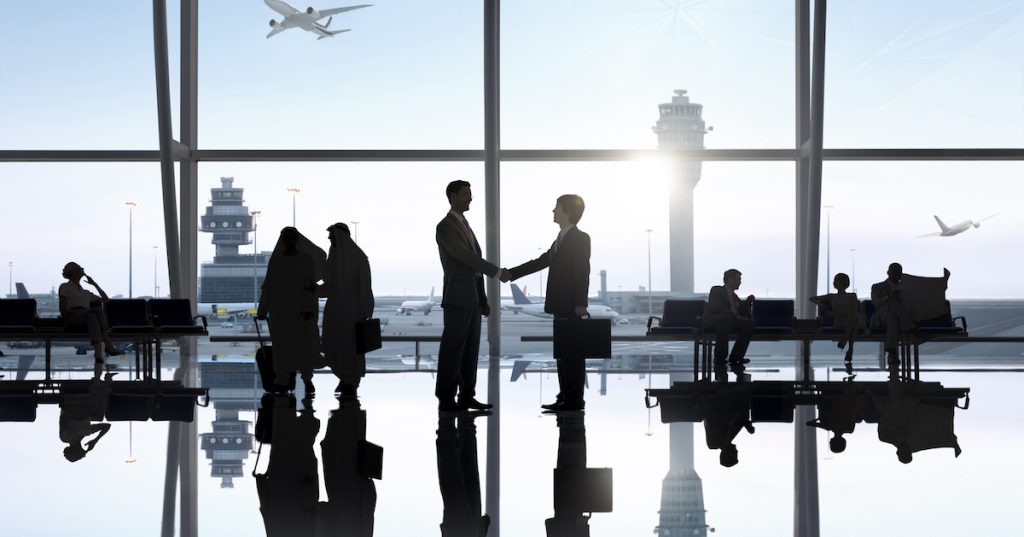The merger between Amex GBT and CWT, two major players in the corporate travel sector, has raised significant concerns among regulatory bodies.
The Competition and Markets Authority (CMA) has highlighted potential negative impacts on pricing, service quality, and innovation within the industry.
Regulatory Concerns
The Competition and Markets Authority (CMA) has formally approached Amex GBT and CWT, urging them to offer solutions to address concerns surrounding their planned merger. The watchdog emphasised that the merger could lead to worsened quality of service, higher prices, and reduced innovation for Global Multinational (GMN) business travel customers.
According to the CMA, the merger between the world’s largest travel management company, Amex GBT, and its significant competitor, CWT, would substantially reduce the number of providers in the market, leaving a very small pool of suppliers capable of catering to the needs of GMN customers.
Potential Impacts on Pricing and Quality
Mike Walker, CMA’s chief economic adviser, articulated the core issues, stating, “We’re concerned this deal between major suppliers of business travel agency services would reduce the pool of providers of these services to GMN customers, which could lead to worse services and higher prices for GMN customers.”
The concerns are not unfounded. The reduction in competition could empower the merged entity to increase prices and potentially degrade the quality of services offered to business travellers. This scenario puts global multinational customers at a disadvantage, the CMA suggests.
Amex GBT’s Acquisition Strategy
The merger deal, valued at $570 million, was announced by Amex GBT in March, reflecting its strategic intent to consolidate its position by acquiring a significant market rival.
This move is seen as part of the broader trend in the corporate travel sector, where companies seek to expand their market reach through strategic mergers and acquisitions. By integrating CWT’s operations, Amex GBT aims to enhance its service offerings and streamline operations, albeit amidst regulatory scrutiny.
Responses and Next Steps
The CMA has provided Amex GBT and CWT until August 6 to propose suitable undertakings to address the issues raised. Should these undertakings fail to satisfy the CMA’s concerns, the merger will be subjected to an in-depth Phase 2 investigation.
A spokesperson for Amex GBT declined to comment on the regulatory proceedings at this stage. However, industry analysts suggest that the companies might propose behavioural or structural remedies to mitigate the antitrust concerns.
Industry Reactions
The corporate travel industry is closely monitoring the developments, acknowledging the potential ramifications for market dynamics. Stakeholders express mixed feelings, balancing the prospects of enhanced service delivery against the risks of reduced competition.
Several business travel managers have voiced their apprehensions over social media platforms, highlighting the necessity for maintaining a competitive landscape to ensure quality service and fair pricing.
Expert Opinions
Industry experts underscore the importance of regulatory oversight in such significant mergers. They argue that while consolidation can lead to operational efficiencies, it should not come at the expense of service quality or lead to monopolistic tendencies.
An anonymous source from the travel sector remarked, “The proposed merger could reshape the corporate travel market; however, it’s crucial to ensure that it doesn’t undermine the interests of the customers it aims to serve.”
Looking Ahead
As the deadline for submitting undertakings approaches, both Amex GBT and CWT face intense scrutiny to resolve the concerns put forth by the CMA. The outcome of this regulatory review will likely set a precedent for future mergers within the industry.
The corporate travel market remains poised for significant transformation, contingent on the regulatory body’s final decision regarding this high-profile merger.
The regulatory scrutiny of the Amex GBT and CWT merger underscores the complexities involved in large-scale corporate consolidations.
The future of the corporate travel landscape hinges on how these concerns are addressed, potentially setting a transformative precedent for the industry.

